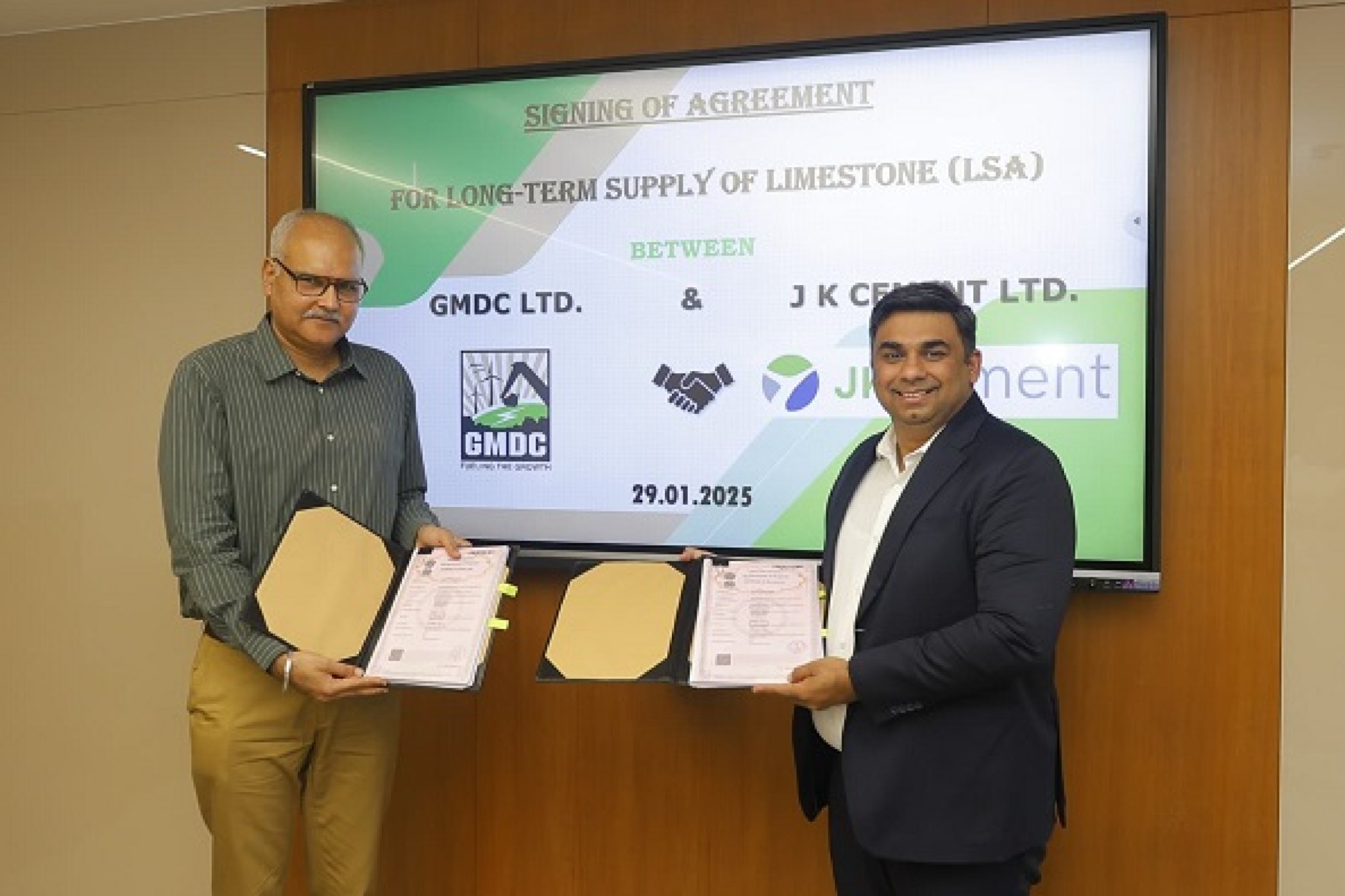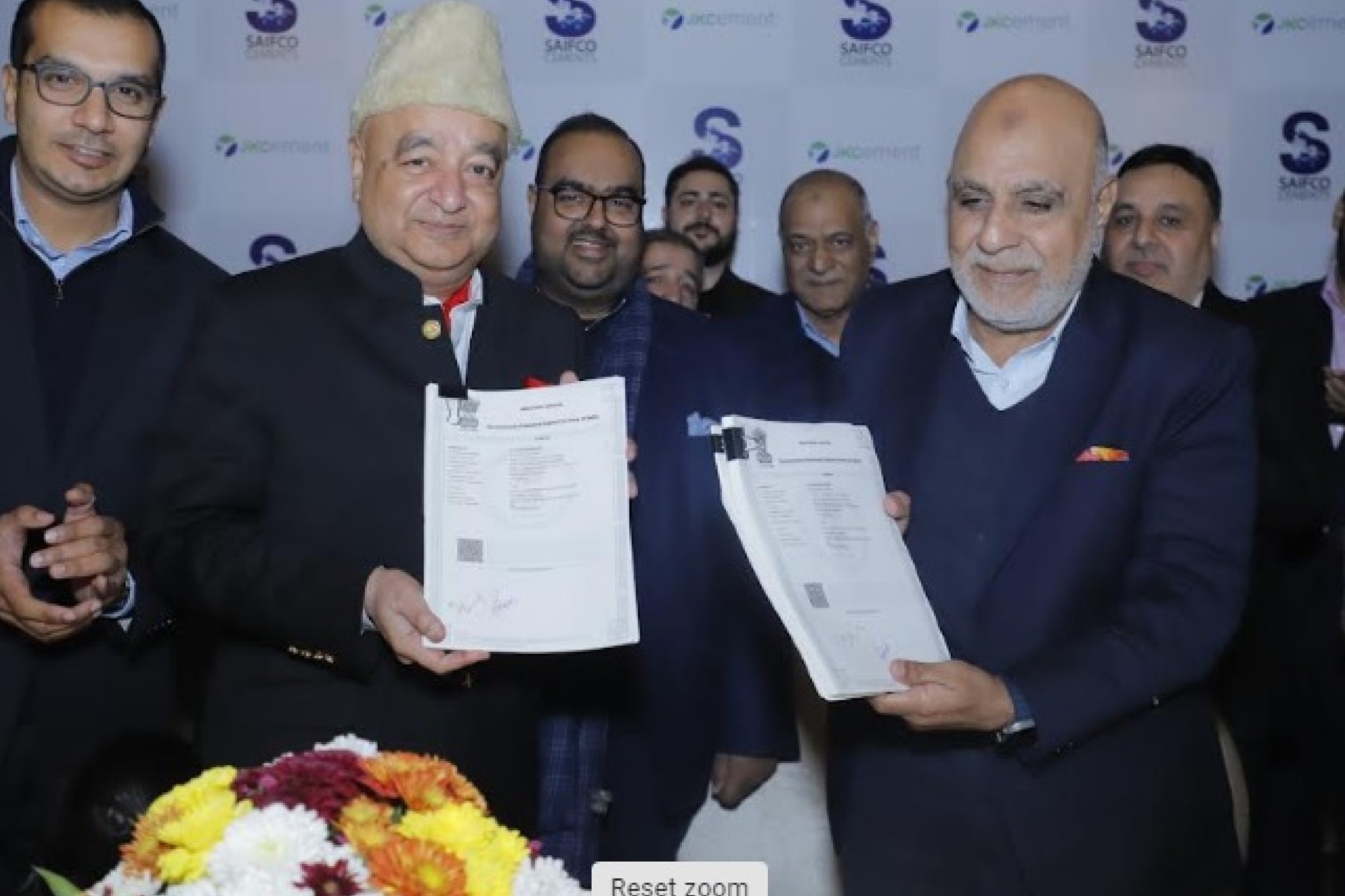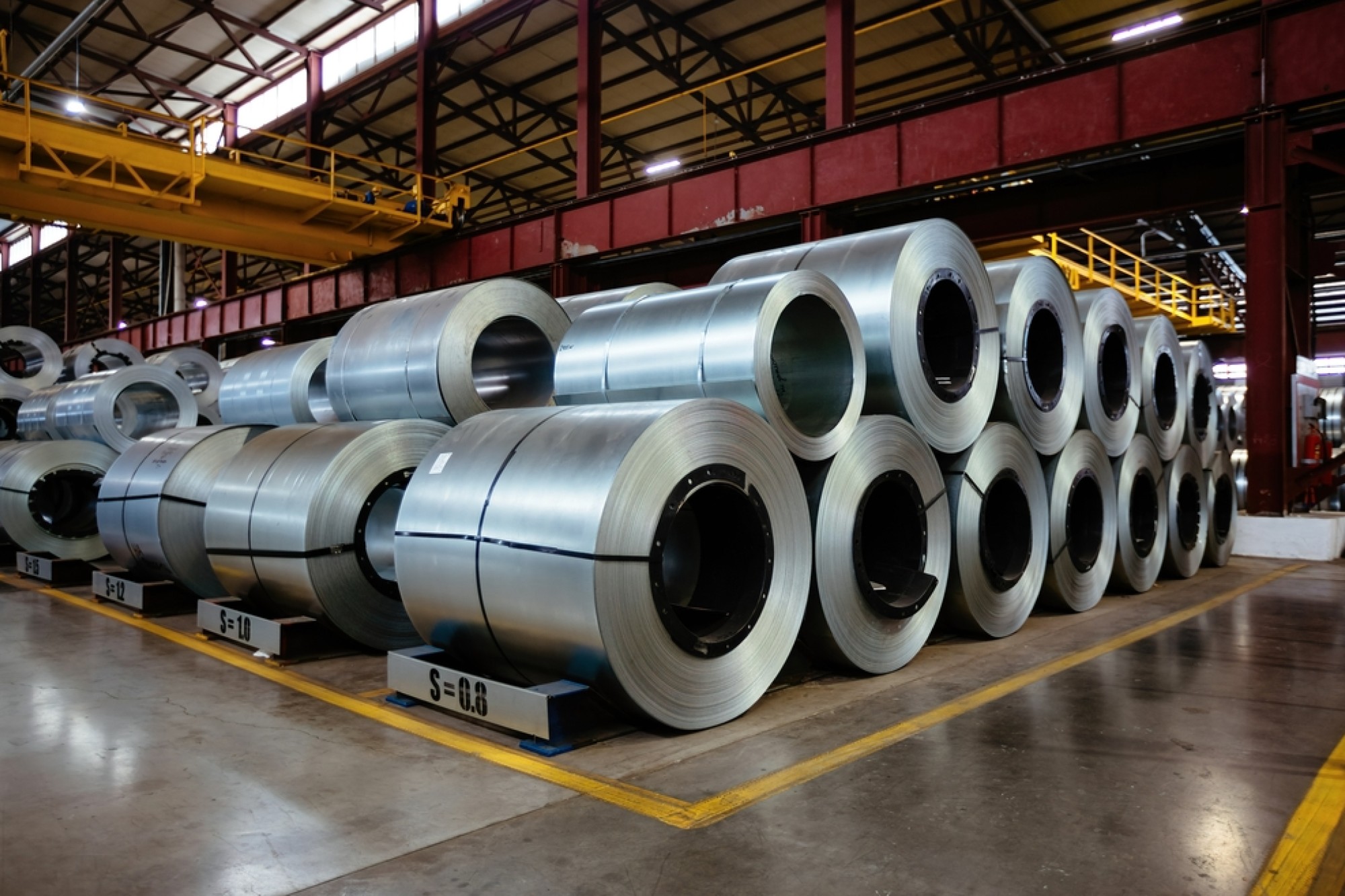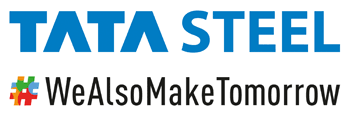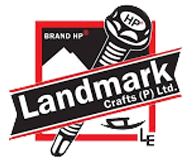The aluminium surge: A metal powering a low-carbon future
By Staff Report | December 23, 2024 7:06 pm SHARE
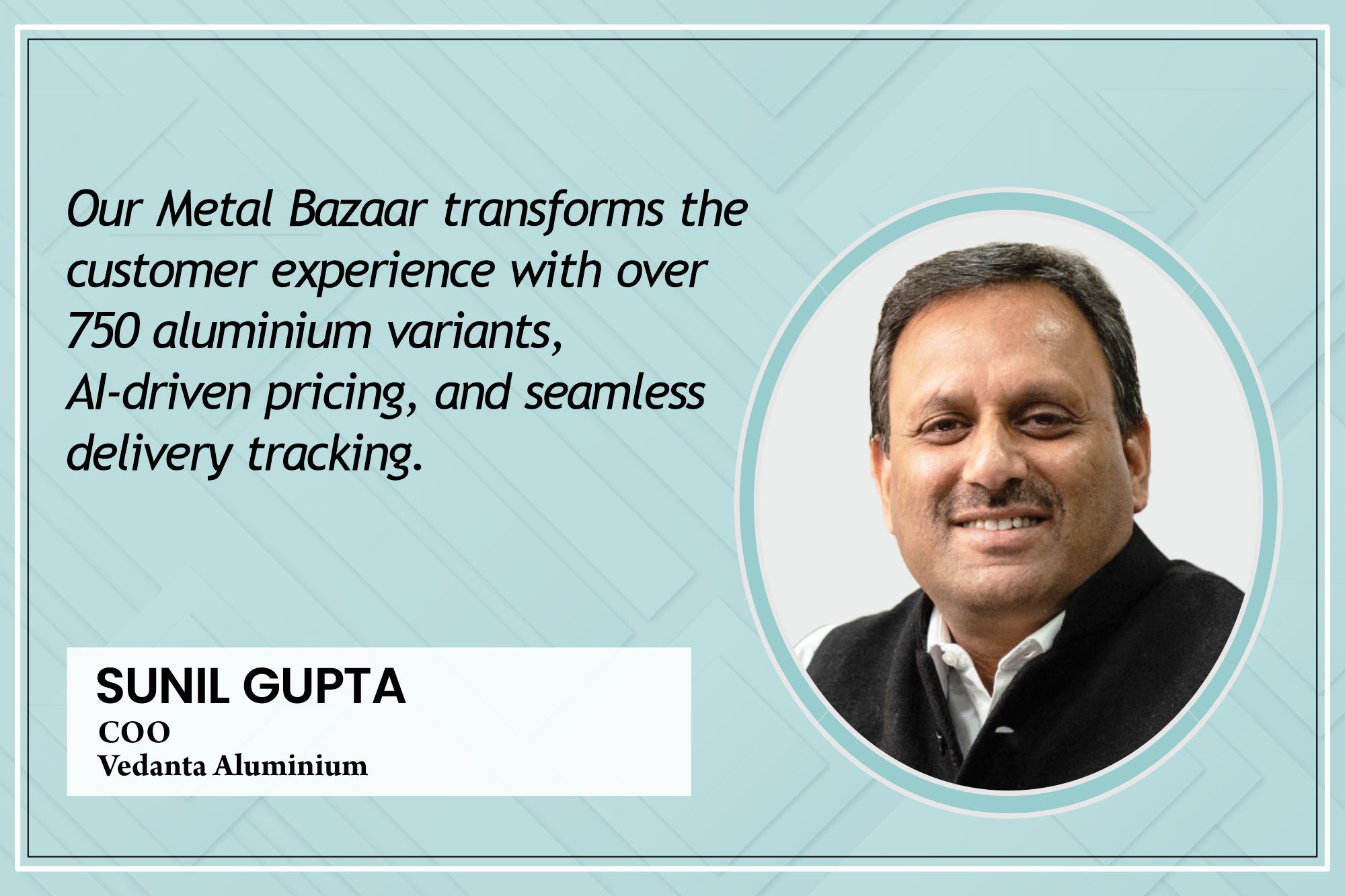
With the global push for sustainability, aluminium’s versatility and recyclability have placed it at the heart of sectors like renewable energy, EVs, and aerospace. As the world transitions to a low-carbon economy, the demand for this lightweight, durable metal continues to skyrocket.
According to you, what drives the demand for aluminium across the sectors?
Globally, there is a rising awareness of the need for a more sustainable outlook on how we interact with our planet. This is especially reflected in nations’ and organisations’ widespread commitments to a net zero future. A World Bank report on the green energy revolution highlights that transitioning to a low-carbon economy will be metal-intensive, with sustainable materials like aluminium essential to facilitating a low-carbon future.
Aluminium’s high strength-to-weight ratio, superb electrical & thermal conductivity, exceptional design flexibility, corrosion resistance, and infinite recyclability are increasingly finding critical applications in sunrise sectors such as hi-tech manufacturing, renewables, defence, electric vehicles, and space exploration while also sustaining strong demand from construction & infrastructure, automotive and aeronautics. Consequently, the global aluminium industry is poised for exponential growth to cater to the emerging demand for clean energy solutions, green technologies and sustainable systems.
How is Vedanta Aluminium gearing up to cater to the surge in demand? Please elaborate on expansion plans as well.
Vedanta Aluminium is India’s largest aluminium producer, producing 2.37 million tonnes in FY24. We remain well-positioned to cater to the rising demand for aluminium through significant capacity expansion projects and growing our range of value-added products for specific applications across several industries. We are working towards raising our metal production capacity to over 3 million tonnes over the next few years as we complete our BALCO smelter, expand from 0.58 MTPA to 1 MTPA and continue to creep capacity.
In addition, we are focusing on achieving complete vertical integration, i.e. from mines to finished products. This will allow us to achieve self-sufficient supply security for our critical raw materials while also helping reduce costs. The most significant development is our capacity addition and debottlenecking projects at our Lanjigarh refinery, which will grow alumina production from 3.5 MTPA to 5 MTPA. We are also ramping domestic bauxite mining to reduce costs vs imported ore and are opening three new coal mines to reduce our power generation costs. Once fully implemented, these projects will strengthen our ability to achieve our cost reduction goals by enabling us to remain insulated against global economic or geopolitical uncertainties that could otherwise impact production volumes and raw material costs.

Additionally, we are ramping up our portfolio of value-added products, including billets, primary foundry alloys, and rolled products, and ultimately aim to have them comprise 90 percent of our product range. This will help us further diversify our product mix to meet the rising demand in established and emerging sectors. Alongside this effort, we are also investing in the digital transformation of our plants and processes, integrating Industry 4.0 technologies to boost the efficiency of our operations.
With the expansion, what is your strategy to stay on course with your sustainability commitments?
Vedanta Aluminium is advancing swiftly towards its Net Zero target by 2050 by adopting a two-fold strategy of reducing and offsetting its carbon footprint. In terms of reduction, we are increasing the quantum of renewables in our energy mix, enhancing our manufacturing excellence to ensure higher operational efficiencies, and transitioning to low-carbon energy sources such as biofuels for steam generation in our alumina refinery. We also create substantial carbon sinks to offset our residual carbon footprint through afforestation efforts near our operations. This enables us to provide our customers access to responsibly produced, high-quality aluminium to ensure a greener future for the planet.
We will not be adding additional coal-fired capacity to our existing power portfolio to support growth in metal volume. All additional power requirements will be acquired from renewable sources. Our initial 1,335 MW of renewable energy to power our smelters will underpin the production of Restora, India’s first (and only) low-carbon aluminium range, demonstrating our dedication to leading sustainability efforts within the aluminium industry. This focus on sustainable operations has contributed to our being recognised as the world’s most sustainable aluminium producer by the S&P Global Corporate Sustainability Assessment (CSA) 2023.
How do your products specifically cater to the diverse demands of the various sectors?
We offer one of the widest ranges of aluminium products globally. By continually expanding our value-added product portfolio and collaborating with our customers to develop solutions tailored to their needs, we ensure that Vedanta Aluminium remains a key enabler across various sectors, contributing to business growth and sustainability efforts. For example, we offer Primary Foundry Alloys (PFA) for the automotive sector and AlSi3 ingots for the steel industry. We produce electrical conductor (EC) grade and alloy wire rods for the power and electrical industry, ensuring lightweight, corrosion-resistant, and cost-effective solutions with unparalleled design flexibility. Many of these critical products, previously imported, are now manufactured domestically, reducing India’s import dependence.
Can you elaborate on your green products range ‘Restora’?
Manufactured using renewable energy, Restora has a greenhouse gas (GHG) emission intensity below 4 tonnes of CO2 equivalent per tonne of aluminium manufactured. In contrast, Restora Ultra, made with aluminium recovered from dross (a by-product of aluminium smelting), has a carbon footprint close to zero. In FY25, our production target for this category will increase further as the demand for sustainable raw materials grows both domestically and internationally. With our renewable energy mix planned to reach 30 percent by 2030, we aim to significantly expand our supply of green aluminium globally.
With aluminium being the versatile metal, how do you keep the innovation engine running to help downstream customers create better products?
Our high-quality product portfolio meets global standards and is tailored to the specific needs of industries as varied as electrical, automotive, and construction. Our Research & Development centres focus on enhancing the properties of our aluminium, making it more efficient for various applications. We also deploy cutting-edge technologies from sector leaders and emerging tech startups to accelerate innovation and bring new products to market faster.
Vedanta Metal Bazaar is an example of deploying innovative measures to support our downstream customers in meeting their aluminium needs. It makes our over 750 product variants available for purchase online. The customer buying journey is seamless in evaluating our product offerings, AI-driven price discovery, tracking delivery timelines and providing detailed feedback. Innovations like these allow us to collaborate closely with our customers to create world-class products.
For more information, visit: https://vedantaaluminium.com/
Cookie Consent
We use cookies to personalize your experience. By continuing to visit this website you agree to our Terms & Conditions, Privacy Policy and Cookie Policy.




